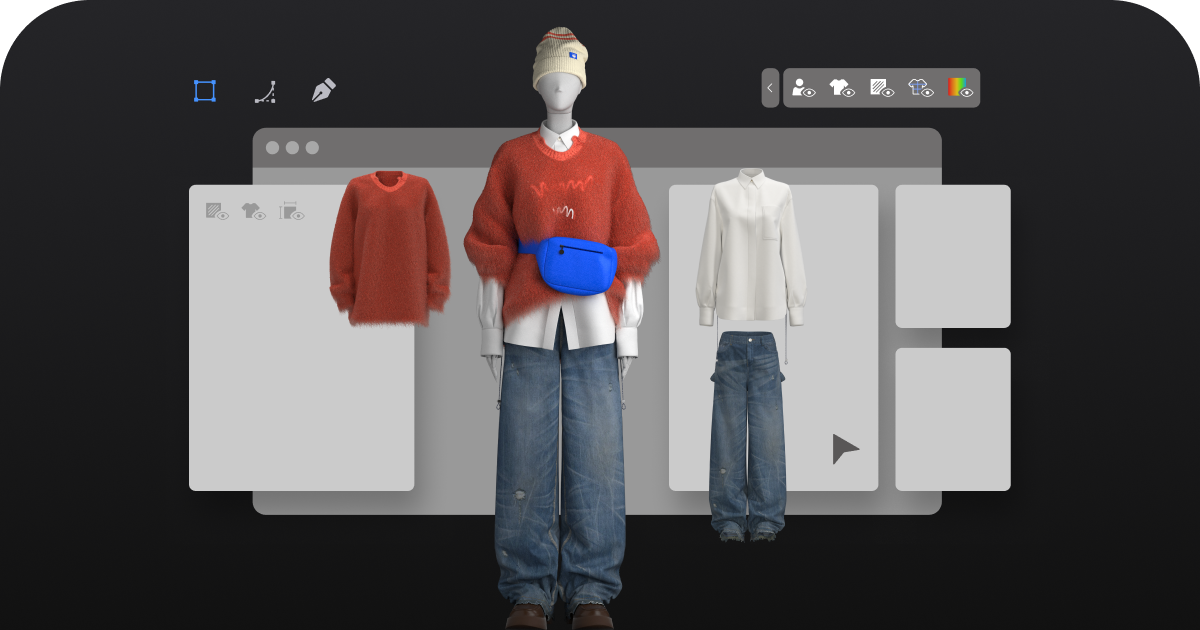
# Fashion Design Software: Revolutionizing the Fashion Industry
## The Rise of Digital Design in Fashion
Fashion design software has transformed the way designers create, visualize, and produce clothing collections. Gone are the days when designers relied solely on paper sketches and physical prototypes. Today’s digital tools offer unprecedented precision, efficiency, and creative possibilities that are reshaping the entire fashion industry.
## Key Features of Modern Fashion Design Software
Contemporary fashion design programs come packed with powerful features:
– 3D garment visualization
– Pattern-making tools
– Fabric simulation
– Color palette generators
– Virtual fitting rooms
– Collaboration capabilities
These features allow designers to experiment with designs in real-time, reducing material waste and speeding up the design process significantly.
## Benefits for Designers and Brands
The adoption of fashion design software brings numerous advantages:
### Increased Efficiency
Digital tools streamline the entire design workflow, from initial concept to final production. Designers can make changes instantly without starting from scratch, saving countless hours in the design process.
### Cost Reduction
By minimizing physical samples and enabling virtual prototyping, companies can dramatically cut material costs and reduce their environmental footprint.
### Enhanced Creativity
With unlimited digital “fabric” and instant visualization, designers can explore more creative concepts without worrying about material constraints.
## Popular Fashion Design Software Options
Several powerful solutions dominate the market:
1. CLO 3D – Leading 3D fashion design software
2. Browzwear – Specialized in 3D garment visualization
3. Adobe Illustrator – Still widely used for fashion sketches
4. Optitex – Comprehensive pattern-making solution
5. TUKAcad – Popular for technical design
Keyword: fashion software
## The Future of Fashion Design Technology
As technology advances, we can expect even more revolutionary developments:
– AI-assisted design suggestions
– Virtual reality design studios
– Blockchain integration for authenticity
– Sustainable material simulation
– Real-time global collaboration platforms
These innovations will continue to push the boundaries of what’s possible in fashion creation and production.
## Embracing the Digital Transformation
For fashion professionals, adapting to these digital tools is no longer optional – it’s essential for staying competitive. While traditional skills remain valuable, combining them with software expertise creates the most powerful designers of our time. The fashion industry’s digital revolution is here, and it’s changing the game for everyone involved in apparel creation.